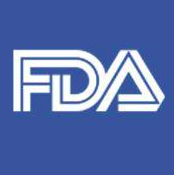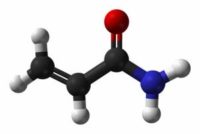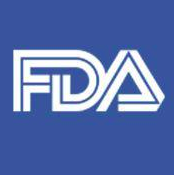FDA Issues Final Guidance on Acrylamide in Well-Done Foods

The U.S. Food and Drug Administration (FDA) has issued final guidance on how food manufacturers, processors, growers and operators can reduce levels of acrylamide--a chemical that the International Agency for Research on Cancer considers to be a human carcinogen--in food. The U.S. National Toxicology Program also believes acrylamide to be linked to cancer.
Acrylamide is developed when starchy foods like grains and potatoes are cooked to high temperatures, usually via baking, frying or roasting. Most acrylamide research has centered around food products such as french fries and potato chips, but the FDA’s guidance does also acknowledge breakfast cereals, cookies, crackers and toasted bread. Coffee is also a common source of acrylamide.
The FDA’s final document takes into consideration more scientific publications and includes updated technical information on how to reduce levels of acrylamide not only during cooking, but also during the processing of certain foods. The guidance has not changed in terms of how consumers’ health risks are addressed.
In order to help reduce levels of acrylamide in foods, the FDA is recommending that food companies be aware of levels of acrylamide in the foods they make, and to utilize the FDA’s advice to reduce those levels even more.
The FDA urges consumers to enjoy a healthy, balanced diet that includes fresh fruits and vegetables, lean meats, poultry, eggs, nuts, beans, and fish. The agency advises against foods that contain fats, trans fats, added sugars, salt and cholesterol.
More on acrylamide in food:
EFSA: Frying, Baking and and Roasting Increases Risk of Acrylamide Exposure and Cancer
Sign up for Food Safety Magazine’s bi-weekly emails!
Looking for a reprint of this article?
From high-res PDFs to custom plaques, order your copy today!





